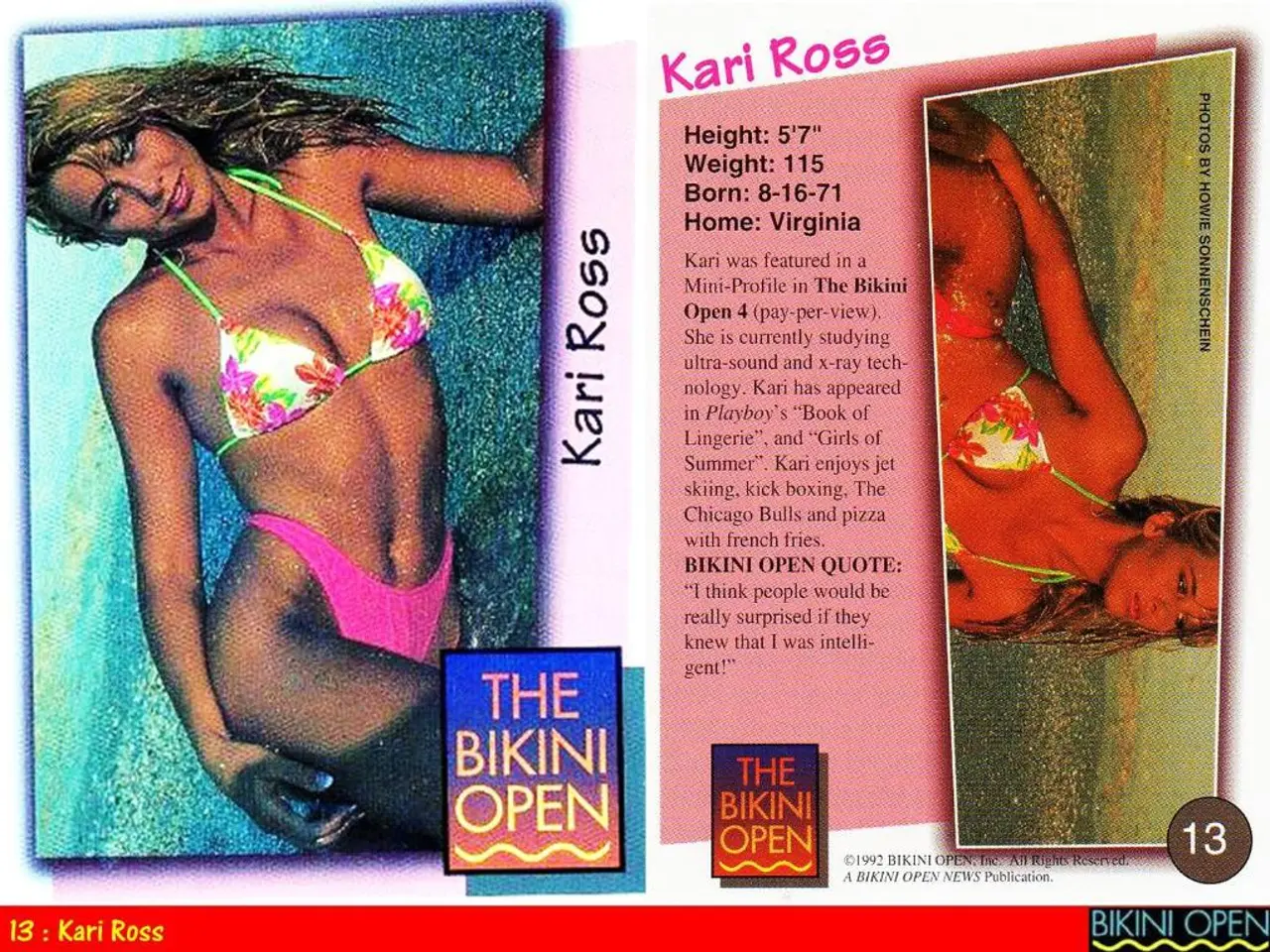Rising Backlash Against Sunscreen Sparks Debate Among Health Professionals
In recent times, the realm of social media has seen a surge in discussions surrounding sunscreen and its necessity. This trend, however, has raised concerns among health experts due to the potential increase in skin cancer risks and premature skin aging.
A Norwegian study has found that using SPF 15 or higher is linked to a 33% lower melanoma risk, emphasizing the crucial role sunscreen plays in skin cancer prevention [1]. Yet, on platforms like Instagram and TikTok, voices advocating against sunscreen have grown louder. One man claimed that gradually increasing sun exposure without sunscreen could boost immunity, while a woman announced she had stopped using sunscreen entirely.
These claims, however, lack scientific backing. Public health officials maintain that there is no evidence to suggest that FDA-approved sunscreen ingredients are harmful [2]. Both chemical and mineral sunscreens have been deemed safe by U.S. health authorities. Mineral sunscreens physically block UV rays, while chemical sunscreens absorb ultraviolet radiation and convert it into heat before it reaches the skin.
The American Academy of Dermatology recommends daily use of broad-spectrum sunscreen with SPF 30 or higher, even on cloudy days. An Australian trial that followed more than 1,600 people for a decade found daily sunscreen users had significantly lower melanoma rates [2].
Confusion and misinformation abound as influencers promote mistrust of chemical ingredients and federal regulations, often advocating for anecdotal claims and natural alternatives like oils and butters. However, these homemade remedies lack scientific efficacy and do not reliably block or absorb UV radiation [1].
The wide reach of influencers can propagate misinformation, undermining public health messaging, and creating confusion about sun safety. This complicates efforts by health experts to encourage protective behaviors [1][4]. Dermatologists warn that avoiding sunscreen dramatically increases the risk of skin cancer [2].
While some critics note that U.S. sunscreen options lag behind Europe and Asia due to FDA regulatory delays, experts stress that the safest and most effective approach remains consistent: use an FDA-approved sunscreen daily to guard against the sun's harmful rays. We've had decades of data showing that sunscreen plays a critical role in reducing skin cancer risk.
In summary, social media-driven sunscreen skepticism and promotion of DIY sunscreen pose a significant public health challenge by increasing sun exposure risks, ultimately contributing to higher rates of skin cancer and skin damage [1][2]. Ultraviolet radiation is a known carcinogen; there is no debate about that, as Adam Friedman, dermatology chair at George Washington University, aptly puts it. It is essential for individuals to prioritize their skin health and adhere to the advice of health experts regarding the regular use of FDA-approved sunscreens.
References: [1] American Academy of Dermatology. (2021). Sun Safety: Myths and Facts. Retrieved from https://www.aad.org/public/spot-skin-cancer/learn-about-skin-cancer/sun-protection [2] American Cancer Society. (2021). Skin Cancer Prevention: Sun Safety. Retrieved from https://www.cancer.org/cancer/skin-cancer/prevention-and-early-detection/prevention-steps.html [3] Skincancer.org. (2021). Sunscreen FAQs. Retrieved from https://www.skincancer.org/prevention/sun-protection/sunscreen [4] Centers for Disease Control and Prevention. (2021). Sun Safety. Retrieved from https://www.cdc.gov/cancer/skin/basic_info/sun-safety.htm
- Science has consistently demonstrated that sunscreen is a crucial tool in preventing skin cancer and premature aging, with FDA-approved sunscreens being deemed safe and effective by health authorities.
- The misinformation surrounding sunscreen on social media platforms, advocating for DIY sunscreen recipes or the avoidance of chemical ingredients, poses a significant risk to public health, potentially leading to higher rates of skin cancer and skin damage.
- In the realm of health and wellness, including skin care and nutrition, it is essential for individuals to prioritize evidence-based practices, such as the regular use of FDA-approved sunscreens, to protect their skin health.




